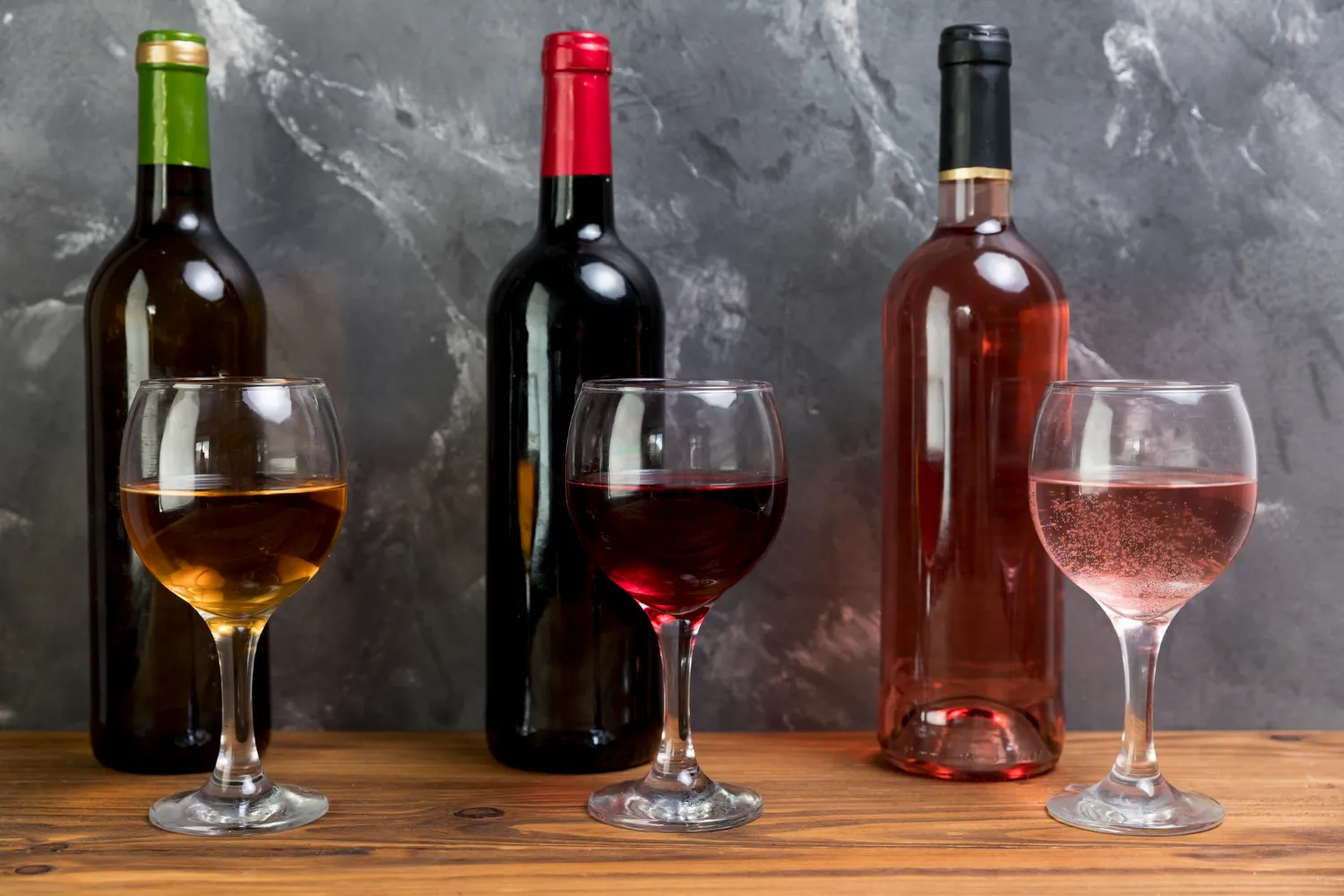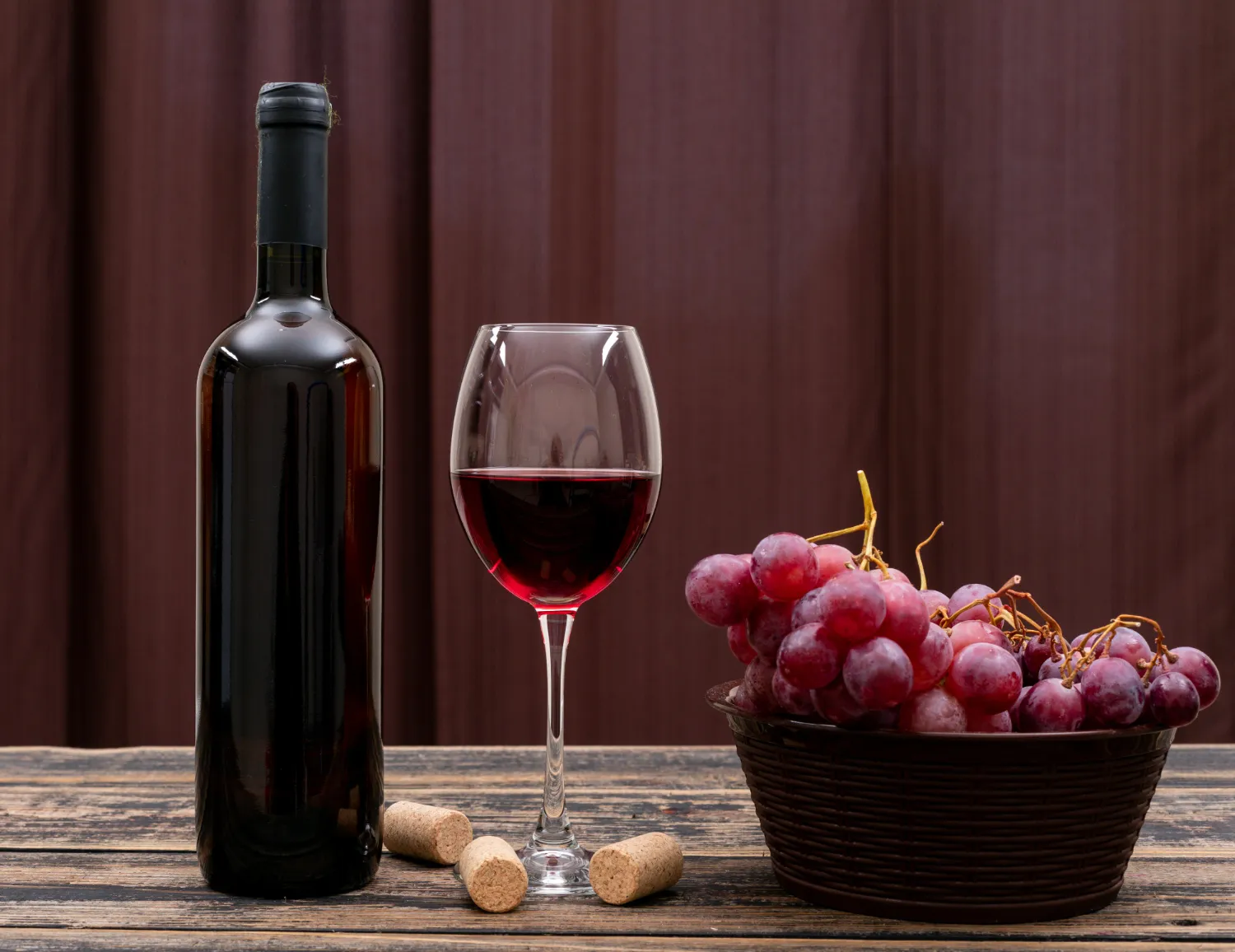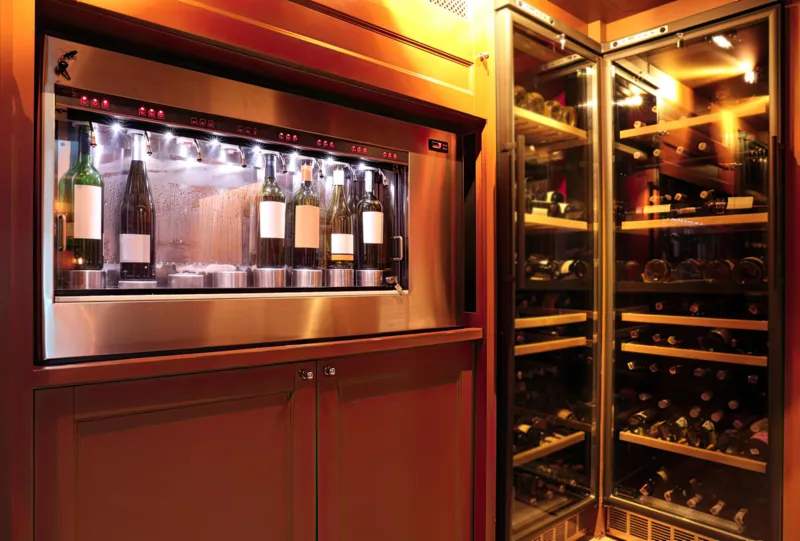Are you one of the many wine enthusiasts who believe that the refrigerator is the ideal place to store your favorite bottles? While it may seem convenient, storing your wine in the refrigerator can actually lead to significant damage to the flavor and aroma of the wine. The low humidity and constant temperature of the fridge can cause the cork to dry out and shrink, allowing oxygen to seep into the bottle and spoil the wine. Additionally, the vibration from the fridge can disturb the sediment in aged wines, leading to a less enjoyable drinking experience. Instead, consider investing in a wine cooler or cellar to properly store your prized bottles and maintain their quality for years to come. Stay tuned for our upcoming tips on the best ways to store your wine at home.
Wine and Its Components
To fully understand the dangers of storing wine in the refrigerator, it’s important to have a good grasp of wine and its components. Wine is a complex and delicate beverage that is made up of various components including water, alcohol, acids, sugars, and other compounds that help to contribute to its unique flavor and aroma.
The Complex Components of Wine
Wine is a complex beverage that is made up of various components such as water, alcohol, acids, sugars, and other compounds that contribute to its flavor and aroma. These components can be affected by factors such as temperature and light, which can ultimately impact the quality of the wine.
Wine’s Sensitivity to Temperature and Light
Wine is highly sensitive to both temperature and light, and improper storage can have a significant impact on the quality of the wine. Exposure to high temperatures can cause the wine to age prematurely and result in off flavors and aromas. Additionally, prolonged exposure to light, especially UV light, can cause the wine to undergo chemical changes that can lead to a loss of flavor and aroma. It’s important to store your wine in a cool, dark place to protect its integrity.
| Temperature | Light |
| Extreme heat can cause wine to age prematurely and develop off flavors. | Prolonged exposure to light, especially UV light, can cause chemical changes in the wine. |
| Store your wine in a cool, dark place to protect its integrity. | Avoid storing wine in direct sunlight or under bright artificial light sources. |
Negative Effects When You Keep Wine in the Fridge
Clearly, you may think that storing your wine in the refrigerator is a safe and convenient option. However, refrigeration can actually pose several dangers to the quality and taste of your wine. It’s important to understand these potential risks in order to properly care for your wine collection and ensure that each bottle reaches its full potential.
How Refrigeration Can Affect the Taste of Wine
Wines that have been refrigerated for a long time may lose some of their flavor. Wine served too cold can lose some of its nuanced flavor and complexity. The wine’s flavor may be flat or muffled, and its nuanced aromas and subtleties may be lost. Wines stored in colder conditions may not age as gracefully, failing to develop the complex flavors and aromas that come with time in the bottle.
Potential Harm to Wine’s Texture and Aroma
Additionally, refrigeration can harm the texture and aroma of the wine. The cold temperature can cause the wine to undergo temperature fluctuations, which can lead to the expansion and contraction of the liquid inside the bottle. This can affect the wine’s overall texture, causing it to become unbalanced and lacking in the desired smoothness. Furthermore, the aroma of the wine may be affected, as the cold temperature can suppress the wine’s natural aromas and bouquet, impacting your overall sensory experience when you finally uncork the bottle.
Remember, storing your wine collection in the refrigerator may seem convenient, but it can actually harm the taste, texture, and aroma of your prized bottles. It’s important to find a proper storage solution that maintains the ideal conditions for wine, so that you can fully enjoy the flavors and characteristics of each bottle. Always prioritize finding a cool, dark, and humidity-controlled environment for your wine collection to thrive and reach its full potential. Your efforts in proper wine storage will be rewarded with a truly exceptional tasting experience.
Alternatives to Refrigerator Storage
Your love for wine is clearly evident, and you want to ensure that your collection is stored in the best way possible. Storing wine in the refrigerator comes with its own set of risks, but don’t fret; there are several viable alternatives that can keep your wine in top condition.
Cool Dark Places: An Ideal Spot for Wine Storage
When it comes to storing wine, finding a cool, dark place in your home can be an ideal alternative to the refrigerator. Direct sunlight and temperature fluctuations can cause irreparable damage to wine, but a cool, dark space can provide a consistent environment for your collection. Consider a cellar, closet, or a cabinet away from the oven or other heat sources to ensure your wine is protected from light and heat.
Wine Coolers as a Viable Alternative
Investing in a wine cooler can be a smart alternative to refrigerator storage. Wine coolers are designed to maintain a consistent temperature and humidity level, crucial for keeping your wine in optimal condition. Additionally, they offer protection from light exposure, keeping your wine safe from harmful UV rays. While wine coolers come in a variety of sizes and price points, they can be a valuable addition to your home for storing and aging your wine collection.
Making an Informed Decision About Wine Storage
After learning about the potential dangers of storing wine in the refrigerator, you may be wondering about the best way to store your wine collection. Making an informed decision about wine storage is crucial to preserving the quality and taste of your wine. There are various factors to consider when choosing a wine storage method, as well as potential consequences of poor wine storage. By understanding these factors and consequences, you can make the best decision for your wine collection.
Factors to Consider When Choosing a Wine Storage Method
When deciding on a wine storage method, there are several factors to consider. The temperature, humidity, and light conditions of the storage area are crucial to preserving the quality of your wine. It’s important to choose a storage method that maintains a consistent temperature between 45-65°F (7-18°C) and humidity levels around 70%. Additionally, you should consider the amount of space you have available for wine storage and the long-term goals for your wine collection. Lastly, the security and accessibility of the storage area should also be taken into account.
- Temperature, humidity, and light conditions
- Consistent temperature and humidity levels
- Amount of space and long-term goals
- Security and accessibility
Recognizing these factors will help you choose the most suitable wine storage method for your needs, ensuring that your wine remains in optimal condition.










